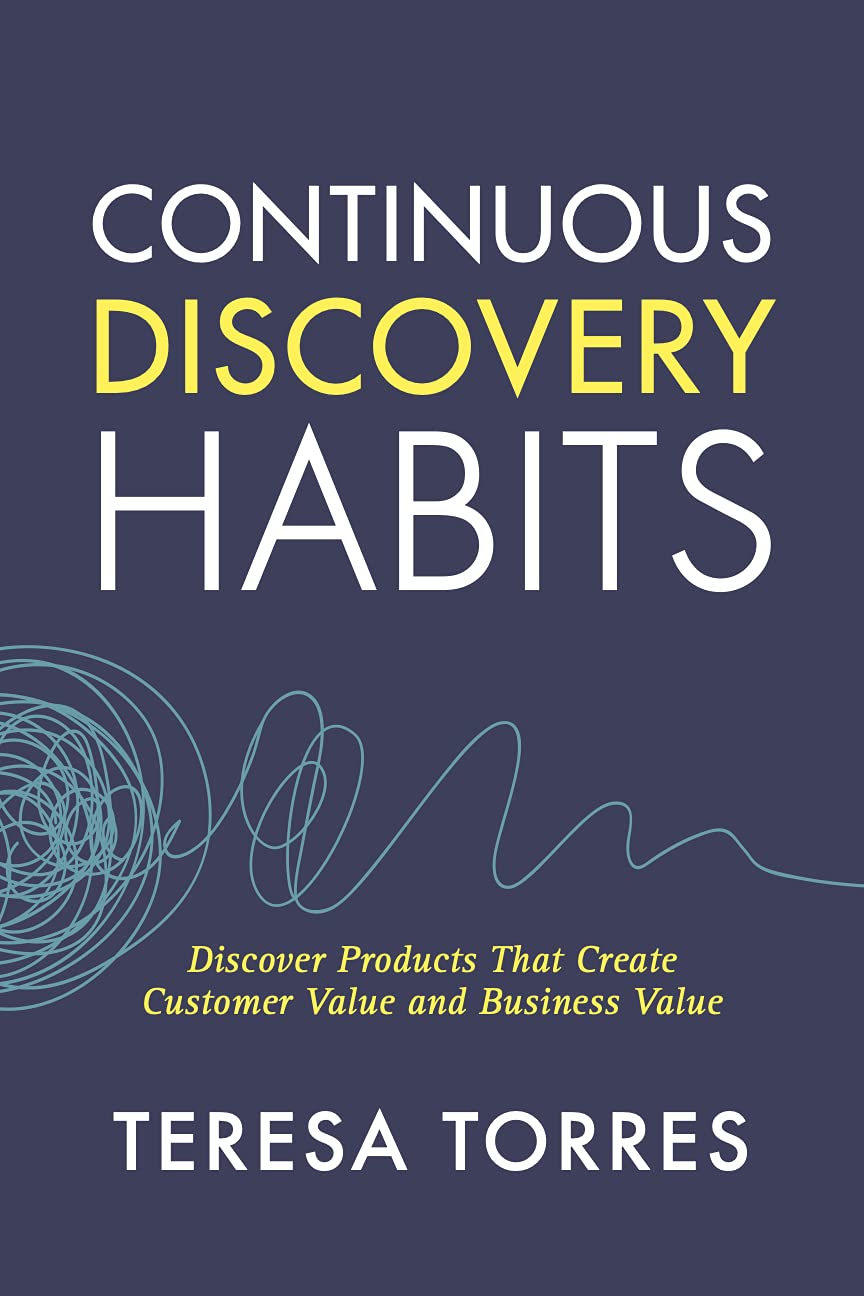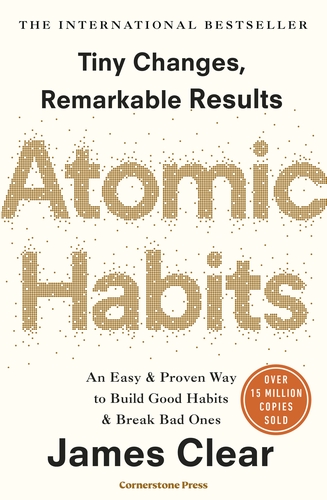Outliers
Through case studies ranging from Canadian hockey players to software billionaires, Gladwell demonstrates how hidden advantages like birthdate clusters (the “Matthew Effect”), intergenerational cultural legacies (like rice farming’s work ethic), and historical timing (the 1975 personal computer revolution) create fertile ground for outlier success.
While popular culture reduced this to simplistic self-help, Gladwell’s original analysis shows how access to specialized training environments (like Bill Gates’ unique access to a time-sharing terminal in 1968) and cultural permissions (Jewish lawyers benefiting from 1970s changes in corporate litigation) transform raw effort into world-class expertise. This aligns with your writing on compound systems - true mastery emerges when deliberate practice meets institutional support structures and temporal luck windows.
What makes Outliers particularly valuable is its framework for analyzing success ecosystems. The “three lessons of Joe Flom” chapter could be read as a playbook for: 1) Identifying demographic troughs (post-Depression birth years creating smaller competition pools) 2) Leveraging disadvantage as training (Flom’s outsider status honing takeover expertise) 3) Riding cultural/technological wavefronts (1970s corporate governance changes).
When combined with your work on network effects and opportunity capture, these principles form a powerful lens for strategic life design.


